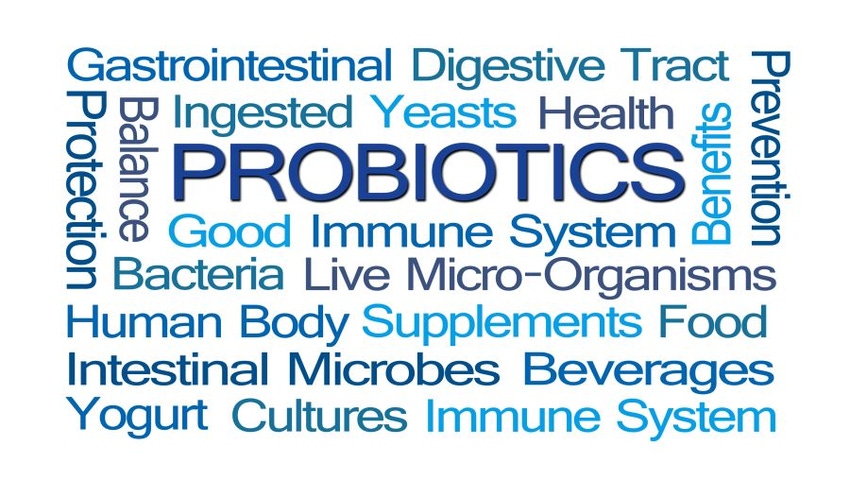The genus of bacteria known as Bacillus offers beneficial activities that not only can be synergistic with the current strains of lactobacilli and bifidobacteria, but Bacillus bacteria also have unique, natural stability and a range of helpful metabolites (including enzymes) that they can produce.

Probiotic offerings and available information about beneficial bacteria change almost daily, making it difficult for manufacturers, formulators and consumers to keep up with the latest recommendations. It’s important for these parties to know which claims are scientifically validated and which strains are safe. In consumers’ minds, bacteria have gone from being a bad omen associated with illness to being “good" allies in the quest for better health. Now, consumers are deciding how to best introduce “good bacteria" into their daily regimen and to their families.
The transformation began when consumers learned the dairy products they had been consuming were beneficial to their overall health, thanks largely to probiotic content. After learning this, they began introducing more probiotics by purchasing them in concentrated forms in capsules.
Questions still linger, such as the accuracy of the labeled probiotic content and whether one strain is better than another. Clinical trials and scientific research into these questions have raised additional questions—but also some answers.
The genus of bacteria known as Bacillus offers beneficial activities that not only can be synergistic with the current strains of lactobacilli and bifidobacteria, but Bacillus bacteria also have unique, natural stability and a range of helpful metabolites (including enzymes) that they can produce. These properties make Bacillus a valuable addition to the toolbox of probiotics that can potentially address many health issues.
One strain from this genus, Bacillus subtilis MB40 (from BIO-CAT Microbials), has been shown in clinical trials to improve digestive health and, potentially, other areas such as heart health improvements and pathogen reduction through competitive inhibition.
Get in-depth insights on probiotic science and formulation considerations, as well as issues to consider for an effective go-to-market strategy at Probiotics Marketplace, a day-and-a-half event on April 18 and 19 as part of Ingredient Marketplace in Orlando. Probiotics Marketplace is produced with the International Probiotics Association (IPA), the premier underwriter is Nutraceutix, and additional support is provided by BIO-CAT, Sabinsa Corp., Unique Biotech and Viva 5 Corp.
Chris Penet is vice president at BIO-CAT, where he oversees the strategic planning, research and regulatory departments. Prior to BIO-CAT, Penet had a 20-year tenure with Genencor International (now DuPont) holding several positions including global industry manager for the Food and Specialty Enzymes business unit. Penet earned his master’s degree in food science from the University of Georgia and holds several patents in enzyme applications. He serves on the Virginia Biotechnology Association Board of Directors, the Strategic Planning Committee for the Enzyme Technical Association and is a member of the Biotechnology Division of the Institute of Food Technologists.
Steve Lamb, Ph.D., earned his doctorate in microbial biochemistry from the University of Wisconsin in 1974. For the past 40 years, he has worked in research and development for various companies in the chemical, pharmaceutical and food industries. Lamb worked at Genencor International for more than 12 years optimizing production processes for enzyme-producing microbes. For the last seven years at BIO-CAT Microbials, he has worked to develop proprietary bacillus-based solutions for crop and animal agriculture, bio-remediation and waste treatment applications.
About the Author(s)
You May Also Like




.png?width=800&auto=webp&quality=80&disable=upscale)